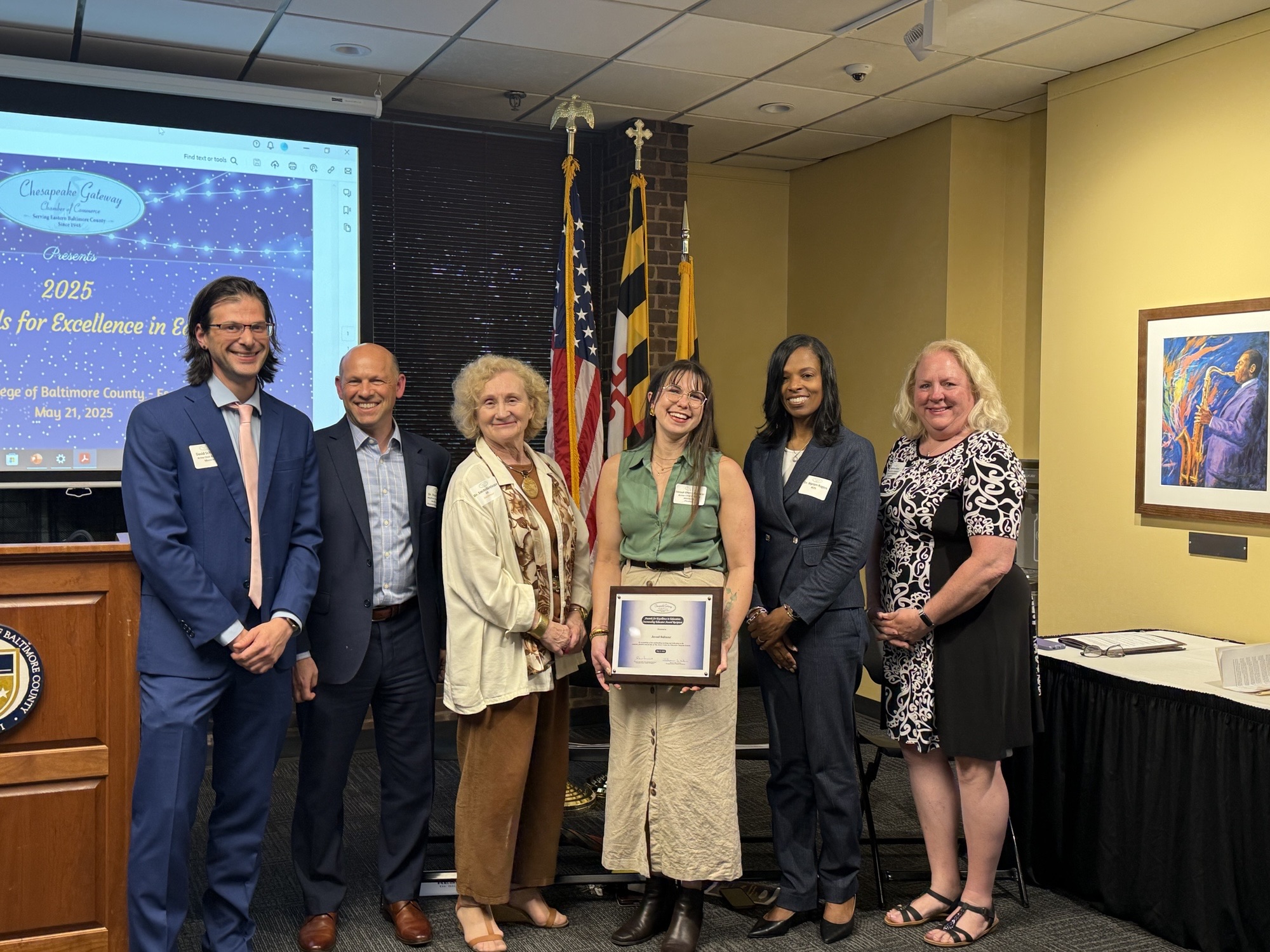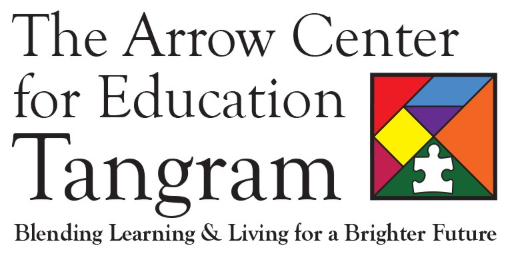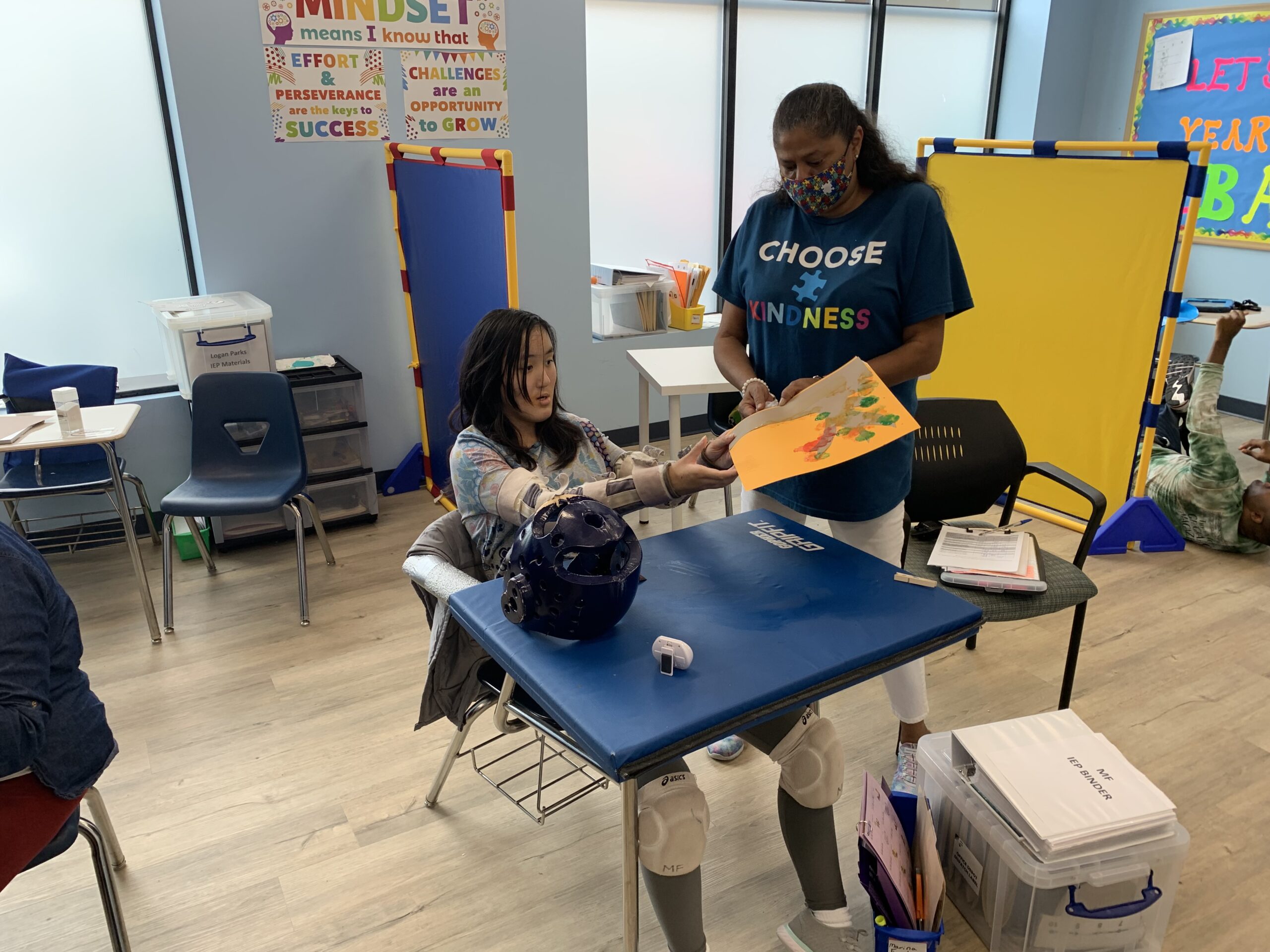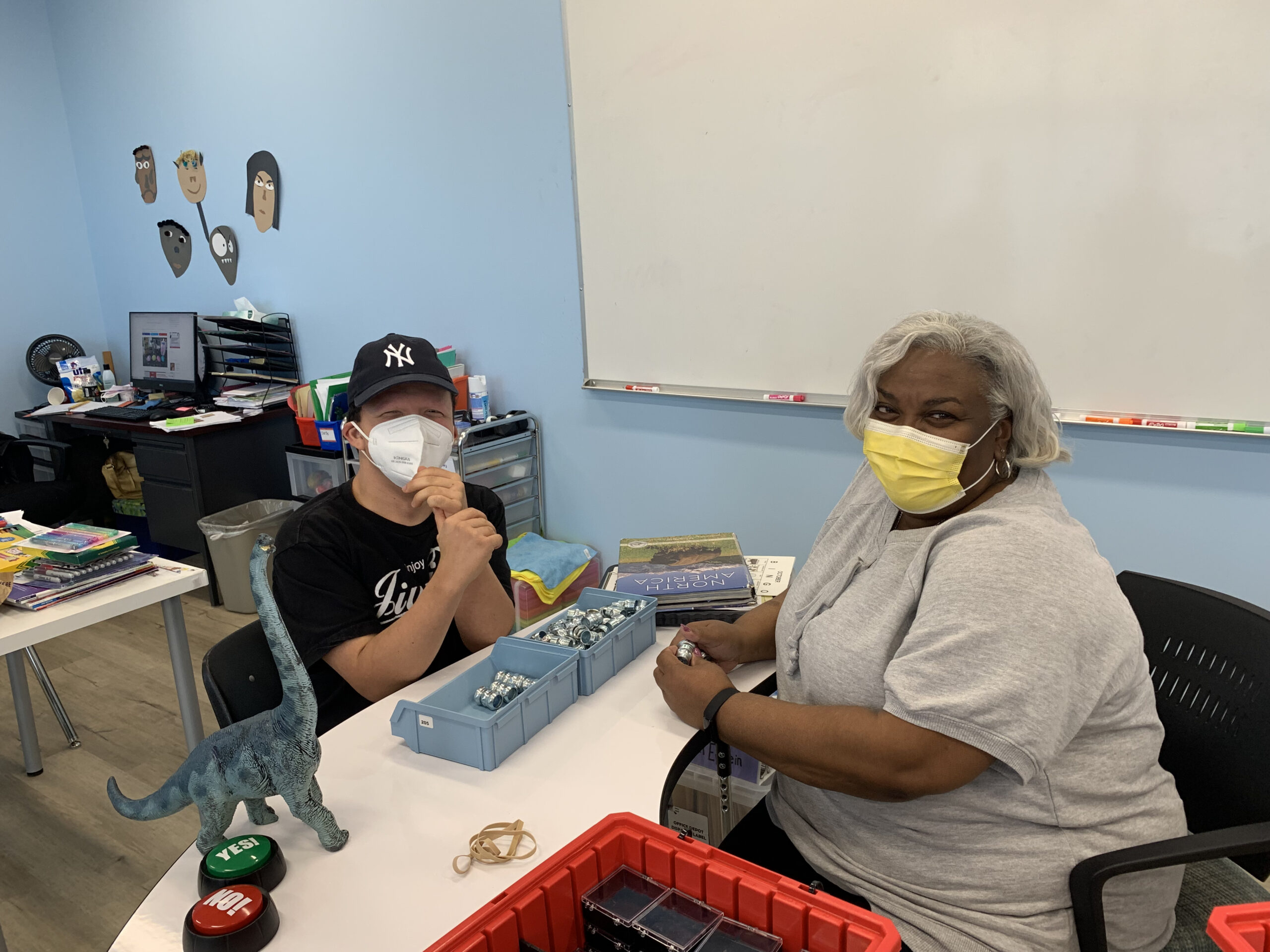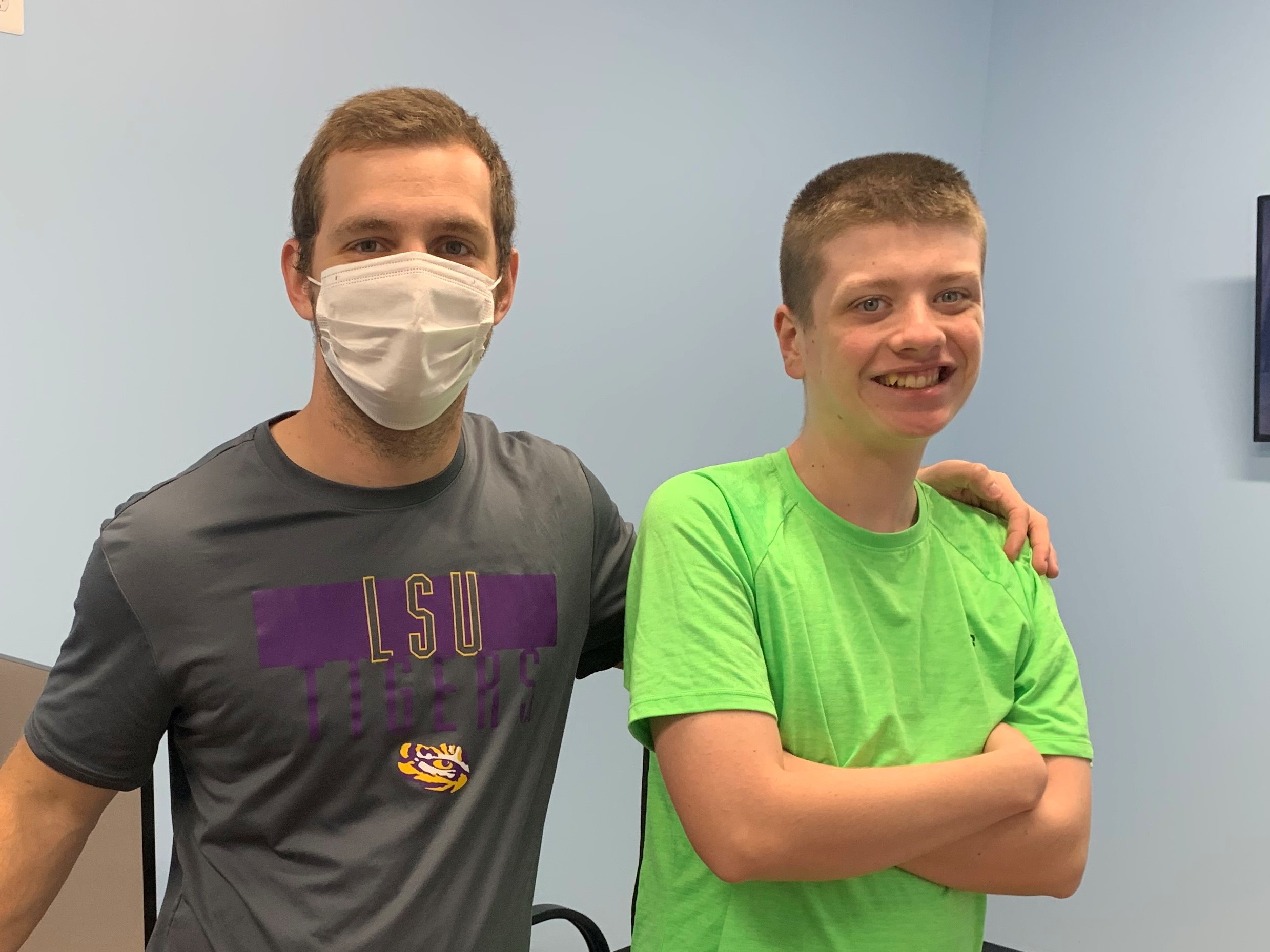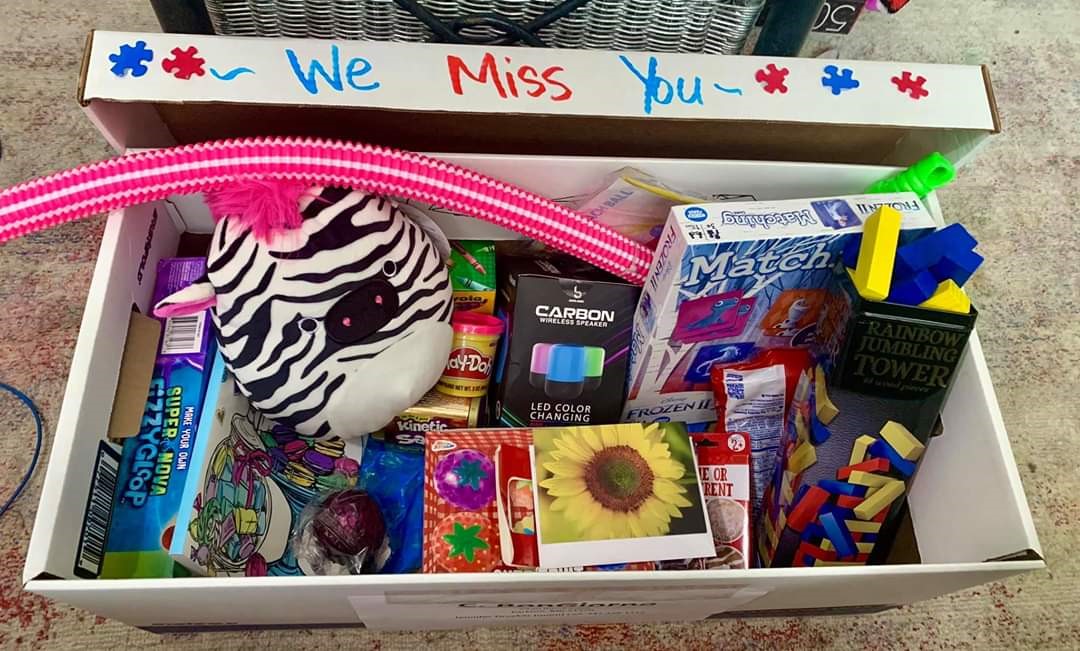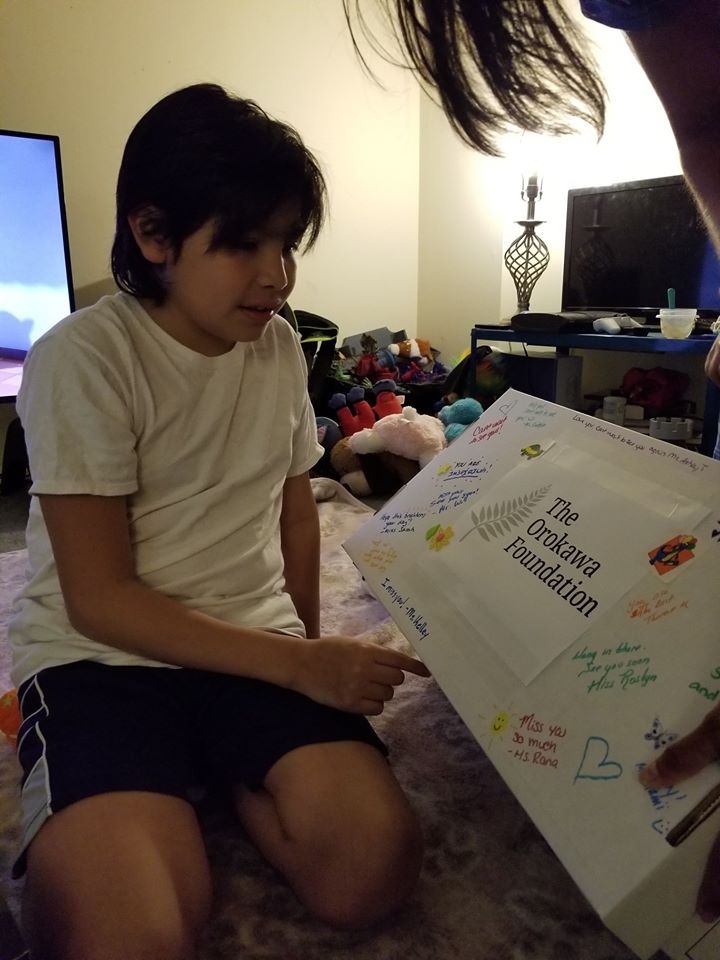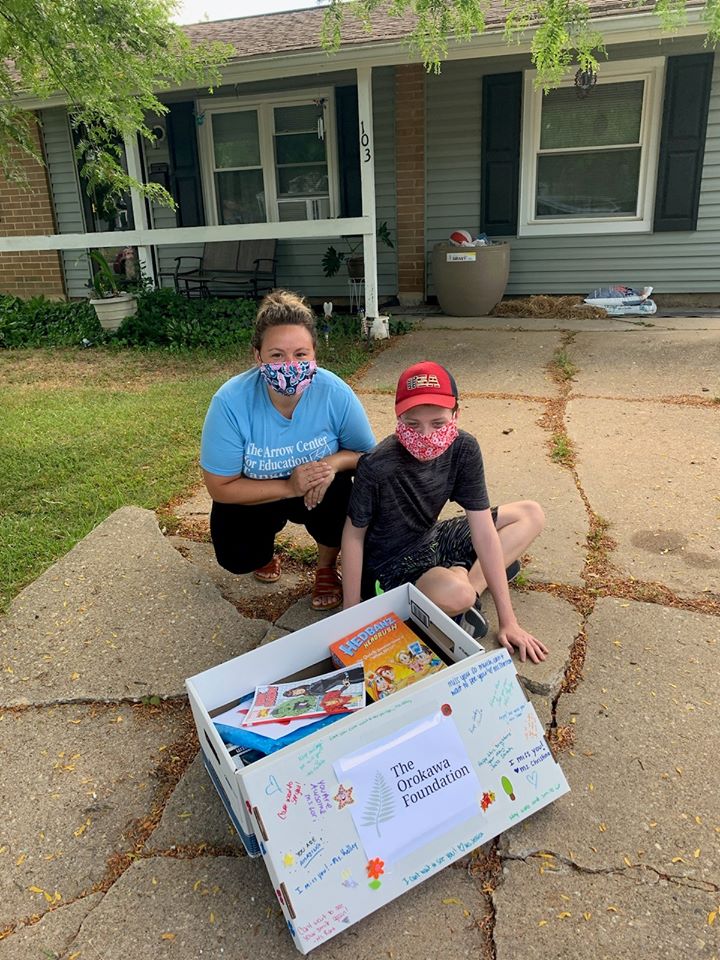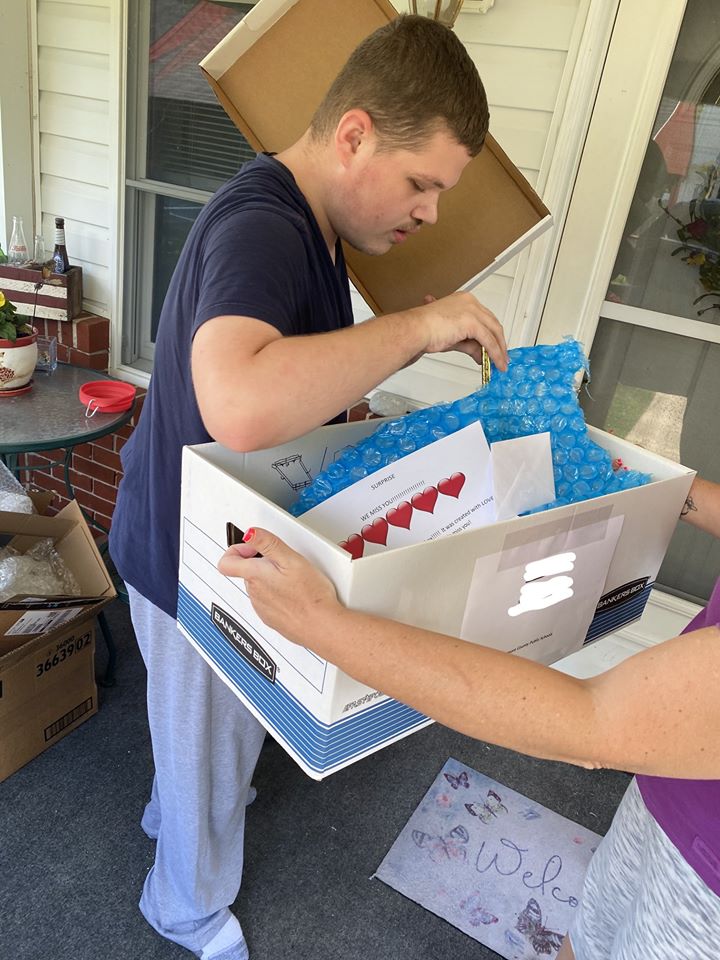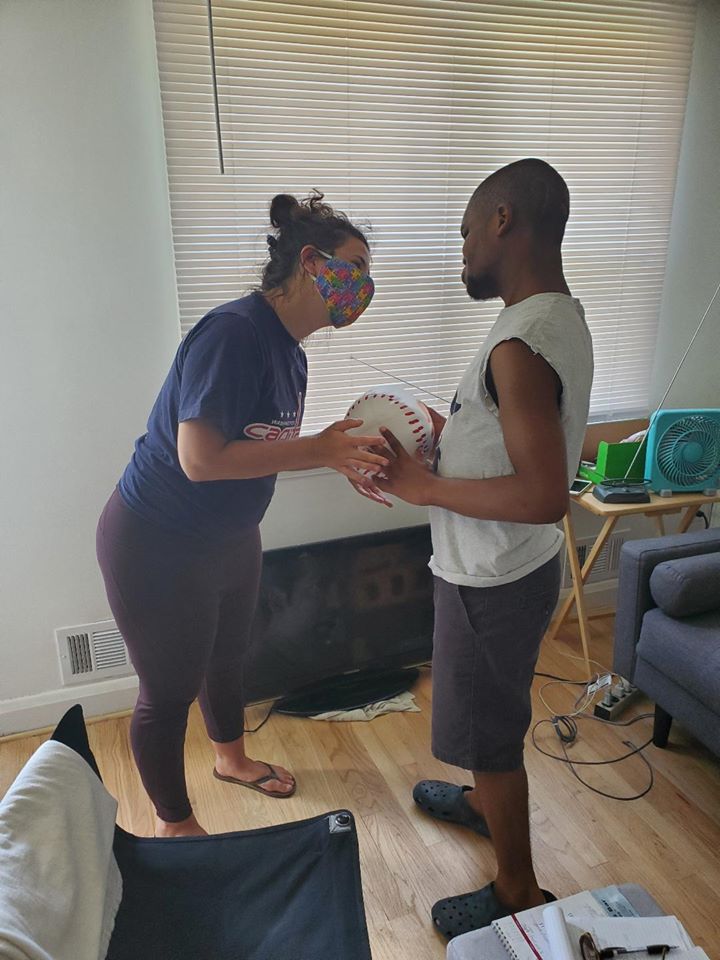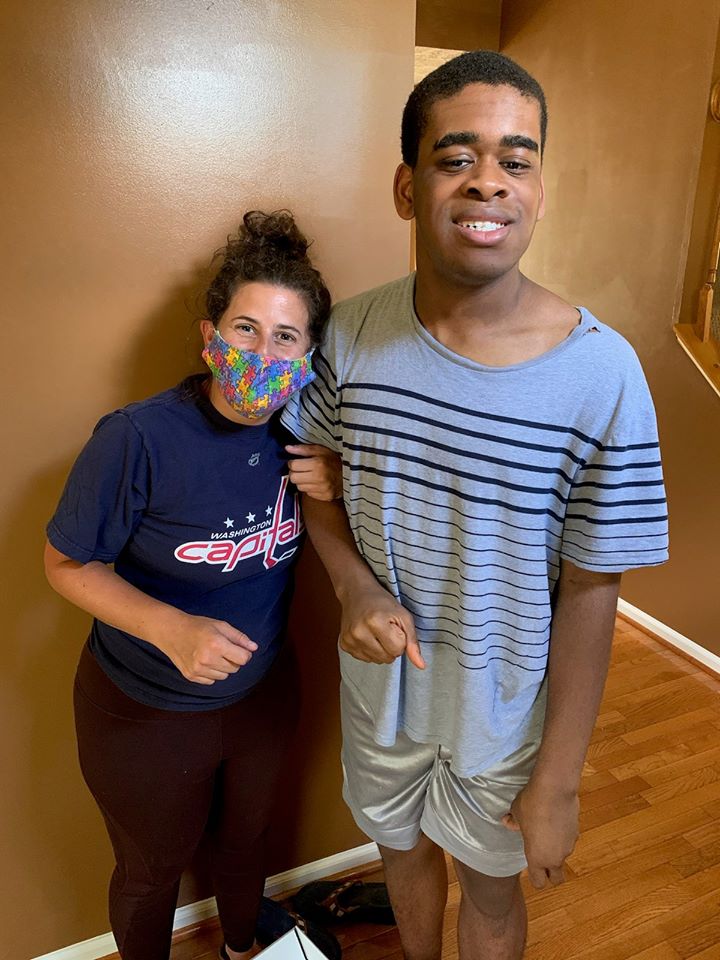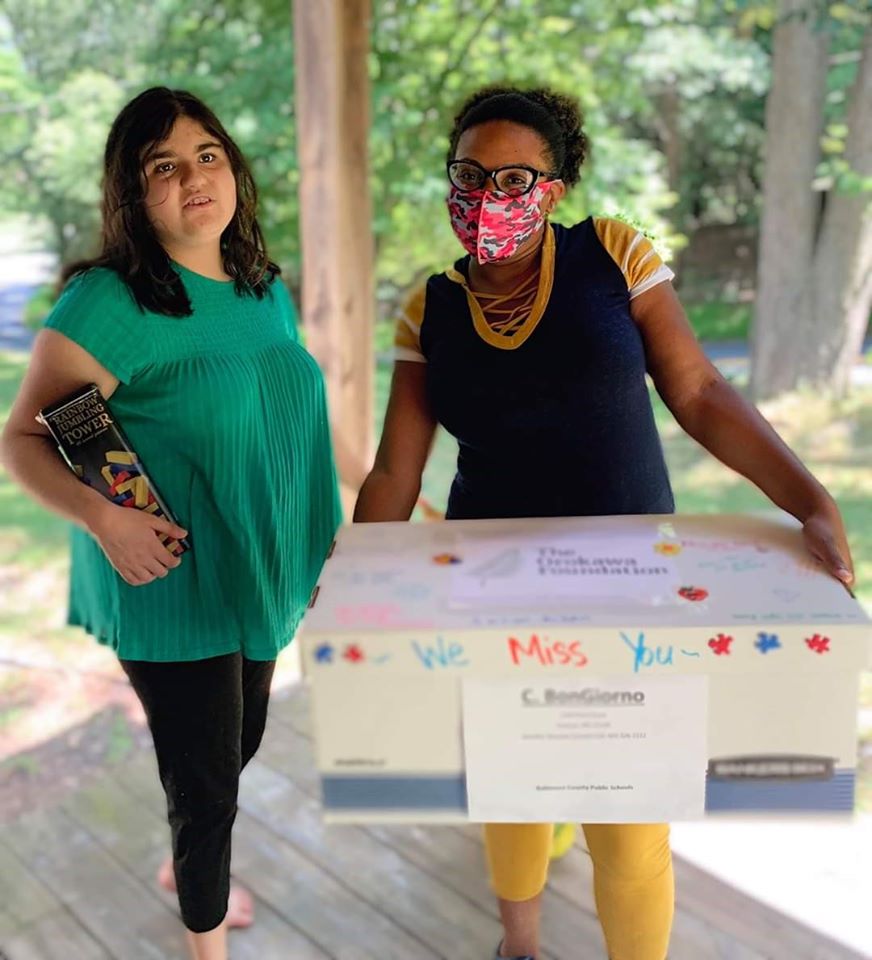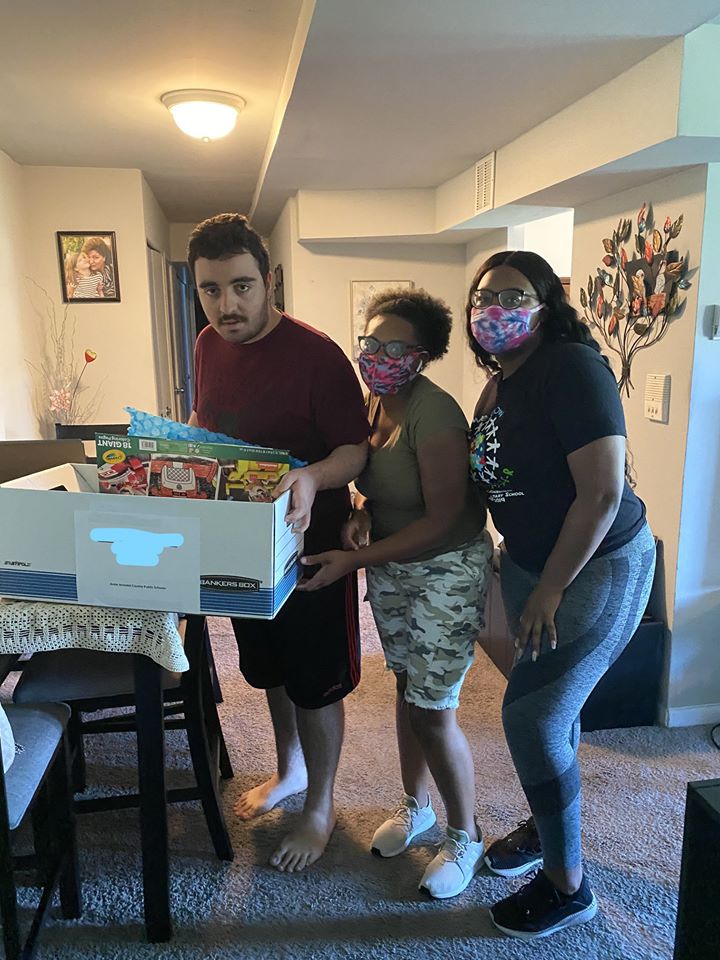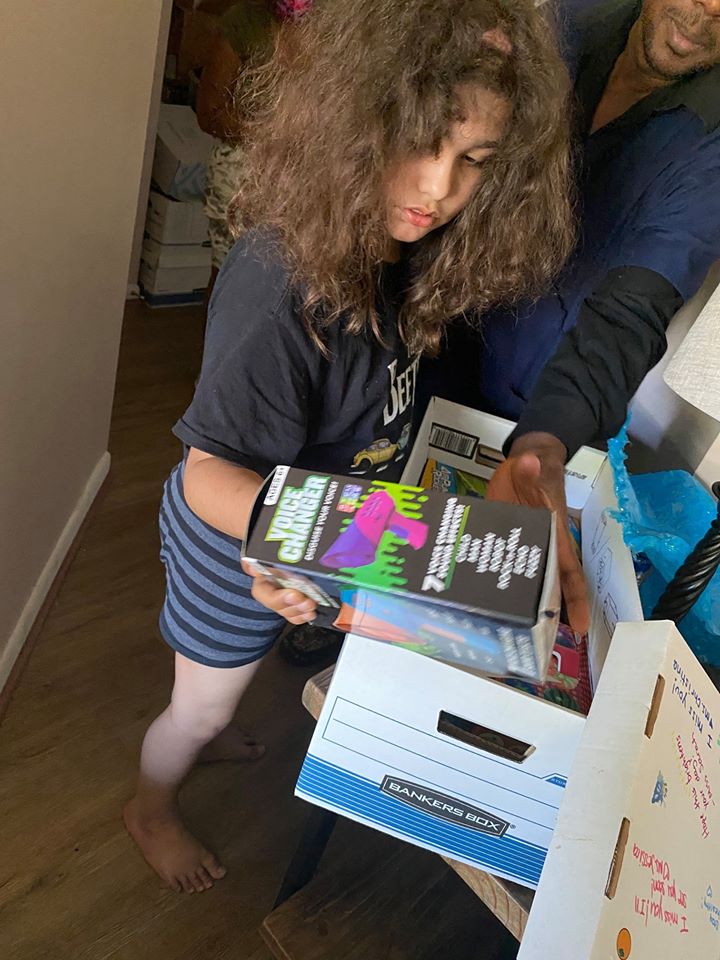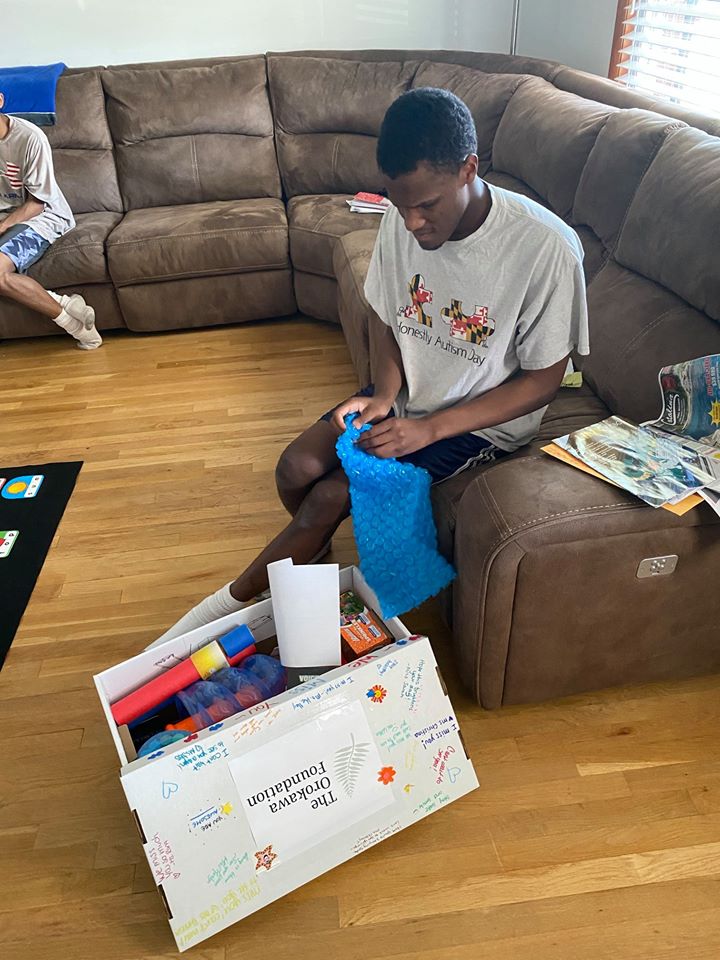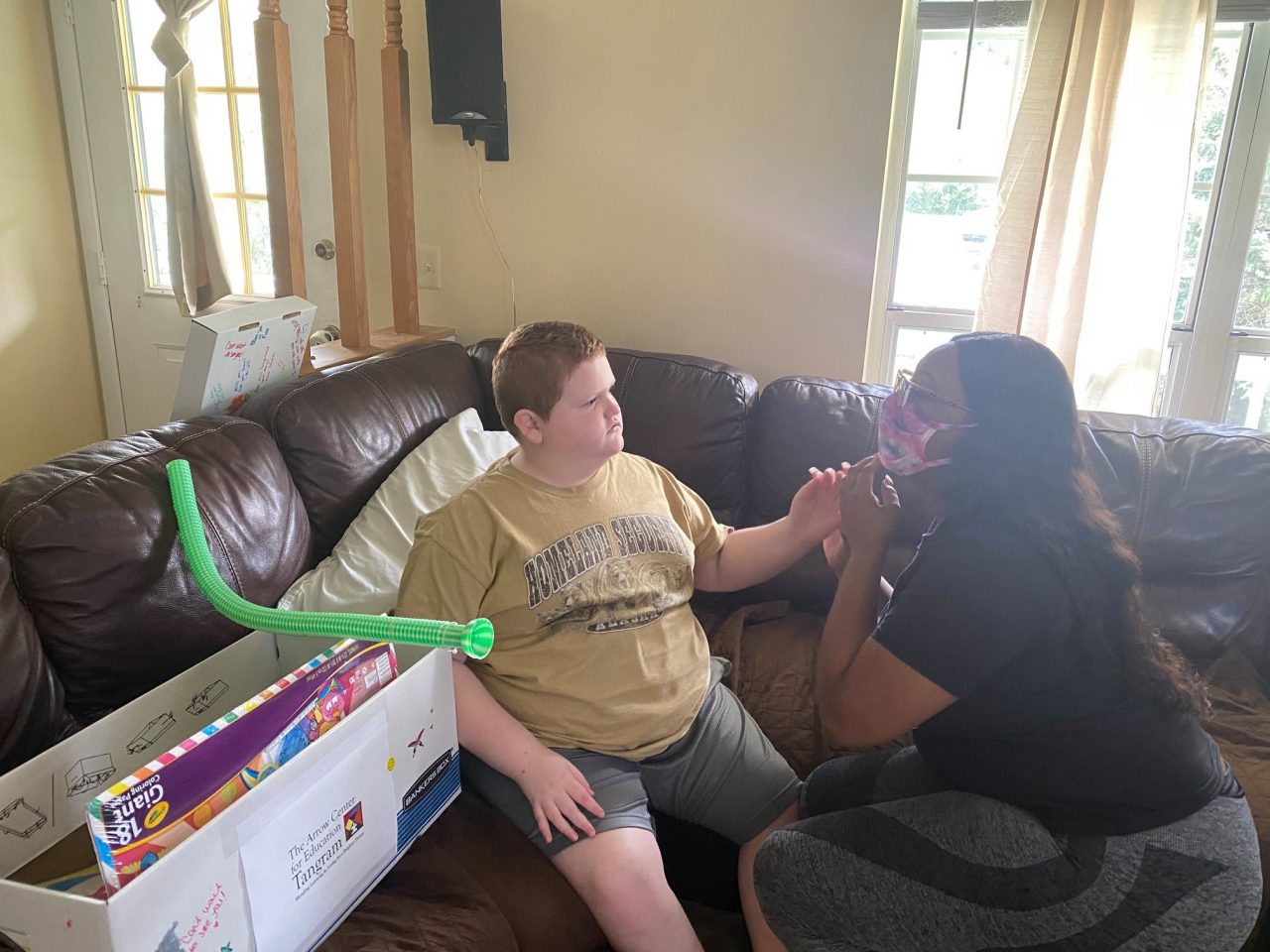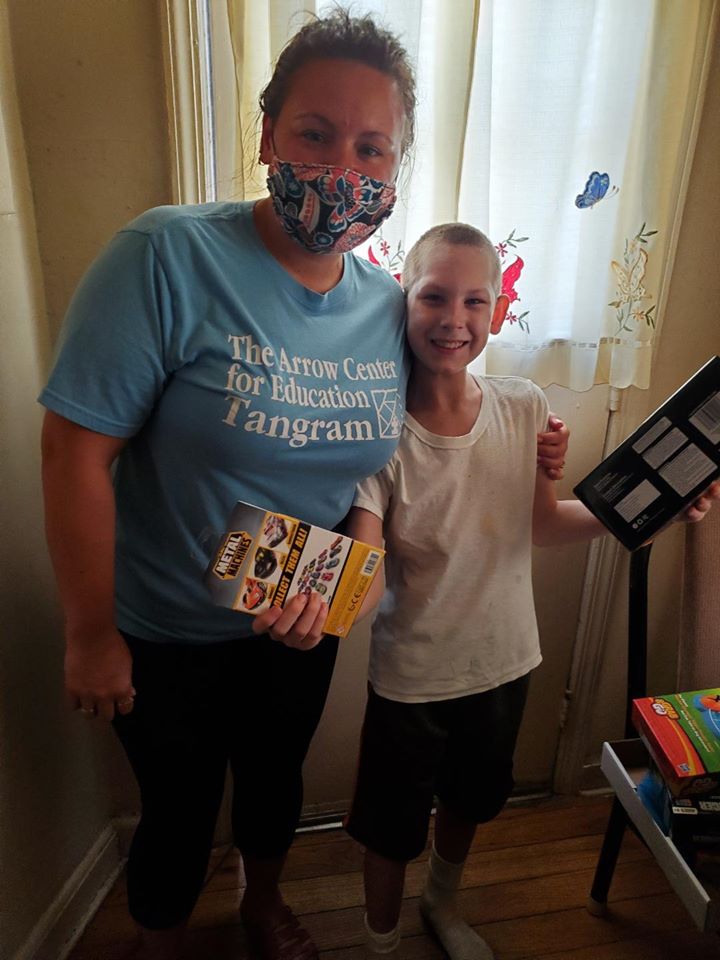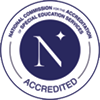This past Wednesday, the Chesapeake Gateway Chamber of Commerce hosted the annual Baltimore County Excellence in Education Teacher Awards, an event that shines a spotlight on the outstanding educators who go above and beyond to shape the future.
We’re thrilled to announce that two exceptional staff members from Tangram School were nominated for Awards for Excellence in Education, sponsored by the Chesapeake Gateway Chamber of Commerce:
Each year in March, more than 176 Baltimore County Public Schools, along with several non-public school principals, submit nominations for this prestigious recognition. Candidates undergo a rigorous vetting process that verifies the impact they’ve made in education and in the lives of their students.
Benjamin Gordon, Assistant Teacher: nominated in the EIE–Student Support Personnel category
Jovool Baltazar, Art Teacher: nominated in the EIE–Secondary Schools Teacher of the Year category
We’re proud to announce Jovool Baltazar won in her category!
Both Jovool and Benjamin exemplify what it means to serve students with heart, creativity and unwavering dedication. This recognition is a well-earned reflection of the meaningful work they do each day to inspire and uplift.
Congratulations to all nominees and winners! Your passion and commitment help prepare students in our community to thrive as the next generation of leaders and change-makers.
